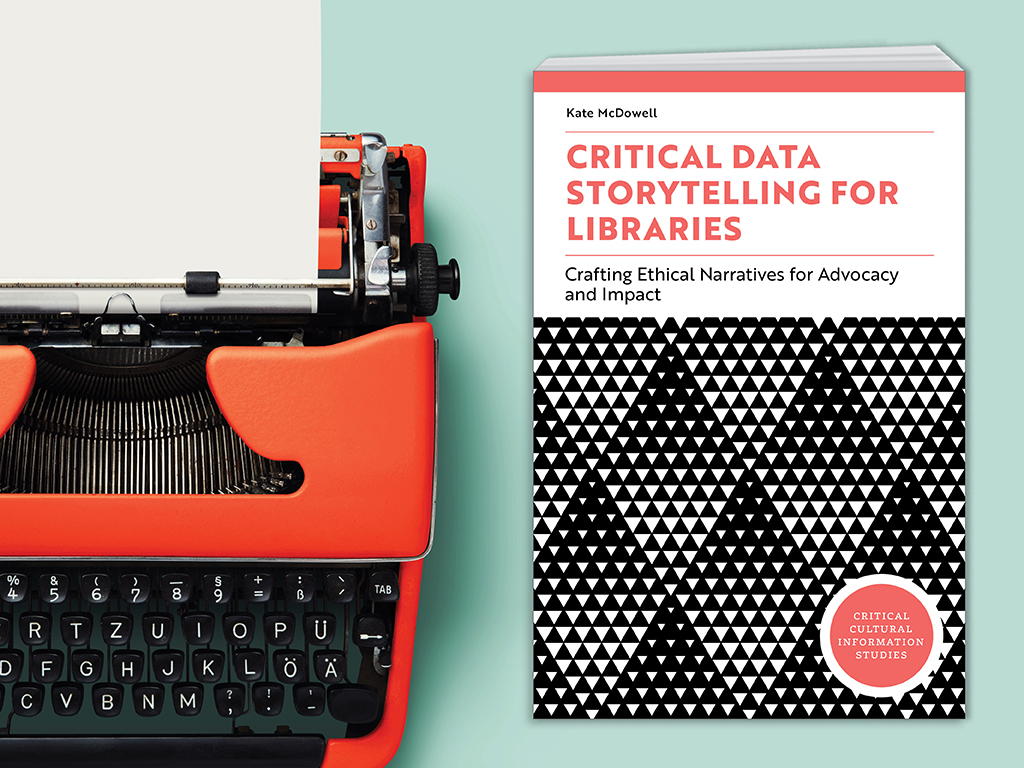Book launch and talks in four months

As I wrote in Critical Data Storytelling for Libraries : " There is no greater indication that libraries have a role to play in a free society than the degree to which they are attacked by authoritarian leaders and pro-censorship groups." Among the indications that the ideas in the book are timely have been the number of invited talks during fall 2025, and the number that I'm having to turn down. I was able to accept thirteen (13) invitations from August to November. The largest attended one was the AISLE keynote for Illinois school librarians. The one that most fueled my own creative thoughts was United for Libraries, the ALA-based group focusing on how trustees and friends of the library can help, because I have great interest in how data storytelling for libraries can have real local influence through those best positioned to retell the stories. The furthest away one was in Denmark, where I was so fortunate to spend my sabbatical and was already traveling there for my...


